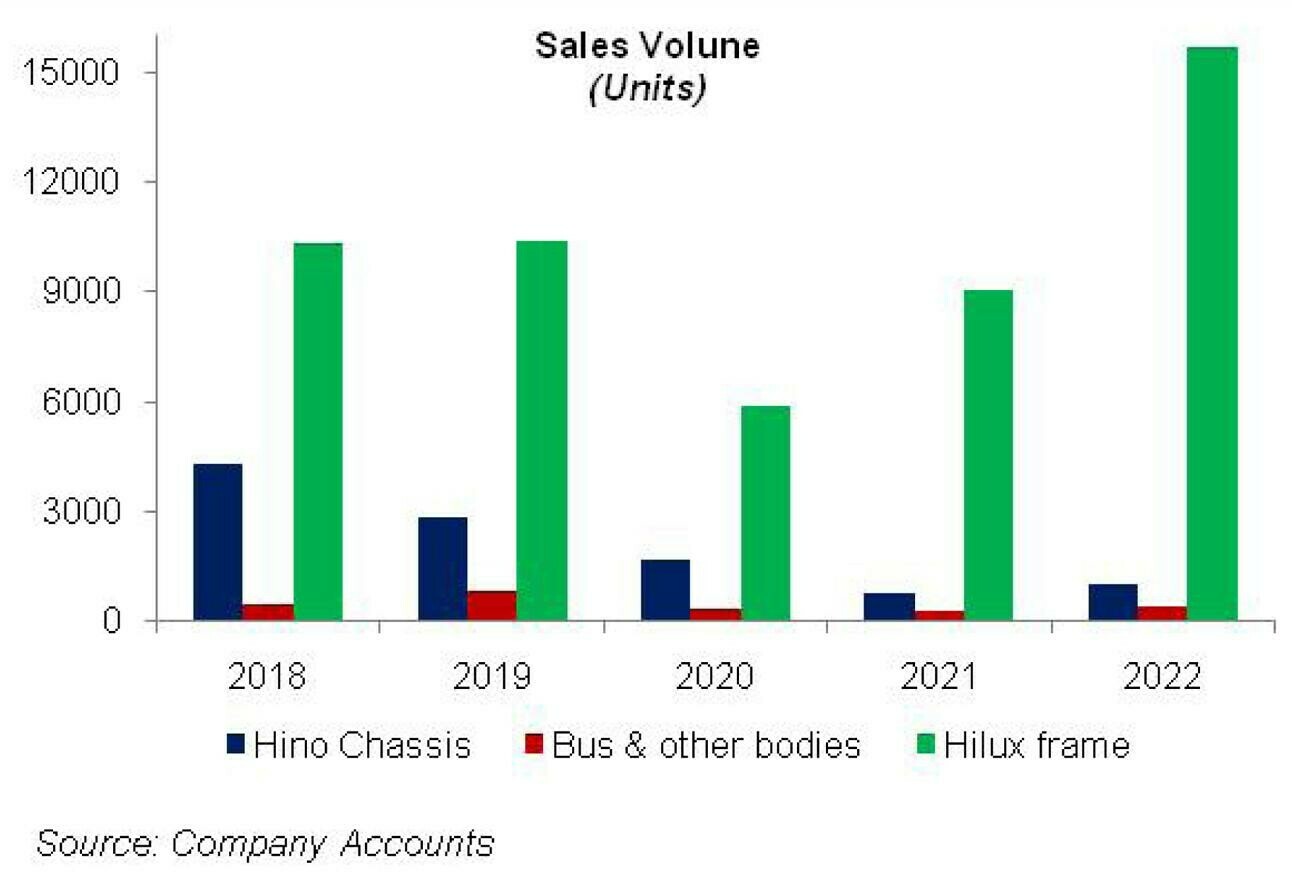ghazi52
PDF THINK TANK: ANALYST

- Joined
- Mar 21, 2007
- Messages
- 104,413
- Reaction score
- 106
- Country
- Location
,..,,.
February 27, 2023
Several auto companies have regularly announced shutdowns and some of them say it will be difficult to sustain the present level of workforce amid the Letter of Credit issues.
A key official of a listed car company said on Monday that it was getting difficult to sustain the present level of the workforce even as car companies regularly increase prices.
“If this (issue) persists, there will be massive layoffs across Pakistan,” the official, on condition of anonymity, told Business Recorder.
“We are trying to retain the workforce for as long as possible. But we will not be able to hold this position for very long,” he said.
Many sectors, including the auto sector, are facing difficulty in importing parts and raw materials as the country struggles with low foreign exchange reserves.
The State Bank’s reserves currently stand at around $3.26 billion as on February 17, 2023, and hardly enough to cover 20 days of imports. However, they are likely to get a boost as an inflow from China Development Bank gets deposited.
Pakistan’s auto industry, highly dependent on imports, has been caught in the midst of a crisis, as the SBP, after unabated rupee depreciation, imposed restrictions on the opening of LCs.
“We are also keeping our factories shut for a few days in a week due to lack of demand from OEMs,” said Munir K. Bana, Chairman Pakistan Association of Auto Parts and Accessories Manufacturers (PAAPAM). “We send our workers home and pay them half their wages.
“We are trying to keep things rolling for everyone for as long as possible,” he said.
In January 2023, automobile sales in Pakistan fell to the lowest level since June 2020 as it witnessed a drop of 36% month-on-month to 10,867 units, according to PAMA data. On a year-on-year basis, car sales fell 47%.
However, a Pakistan Automotive Manufacturers Association (PAMA) official said that there was no layoff from the OEM (Original Equipment Manufacturers) side so far.
Another official of a car company said that they were observing the situation and would take a decision after seeing how the situation unfolds.
Since December alone, over 14 listed companies including major auto companies such as Suzuki and Toyota and Sazgar have announced scaling back or shutting down operations citing varying reasons including inability to obtain LCs, supply chain disruptions, inventory shortages, drop in demand and energy shortage.
Pakistan's auto sector fears massive lay-offs if LC issue persists
Bilal HussainFebruary 27, 2023
Several auto companies have regularly announced shutdowns and some of them say it will be difficult to sustain the present level of workforce amid the Letter of Credit issues.
A key official of a listed car company said on Monday that it was getting difficult to sustain the present level of the workforce even as car companies regularly increase prices.
“If this (issue) persists, there will be massive layoffs across Pakistan,” the official, on condition of anonymity, told Business Recorder.
“We are trying to retain the workforce for as long as possible. But we will not be able to hold this position for very long,” he said.
Many sectors, including the auto sector, are facing difficulty in importing parts and raw materials as the country struggles with low foreign exchange reserves.
The State Bank’s reserves currently stand at around $3.26 billion as on February 17, 2023, and hardly enough to cover 20 days of imports. However, they are likely to get a boost as an inflow from China Development Bank gets deposited.
Pakistan’s auto industry, highly dependent on imports, has been caught in the midst of a crisis, as the SBP, after unabated rupee depreciation, imposed restrictions on the opening of LCs.
“We are also keeping our factories shut for a few days in a week due to lack of demand from OEMs,” said Munir K. Bana, Chairman Pakistan Association of Auto Parts and Accessories Manufacturers (PAAPAM). “We send our workers home and pay them half their wages.
“We are trying to keep things rolling for everyone for as long as possible,” he said.
In January 2023, automobile sales in Pakistan fell to the lowest level since June 2020 as it witnessed a drop of 36% month-on-month to 10,867 units, according to PAMA data. On a year-on-year basis, car sales fell 47%.
However, a Pakistan Automotive Manufacturers Association (PAMA) official said that there was no layoff from the OEM (Original Equipment Manufacturers) side so far.
Another official of a car company said that they were observing the situation and would take a decision after seeing how the situation unfolds.
Since December alone, over 14 listed companies including major auto companies such as Suzuki and Toyota and Sazgar have announced scaling back or shutting down operations citing varying reasons including inability to obtain LCs, supply chain disruptions, inventory shortages, drop in demand and energy shortage.










